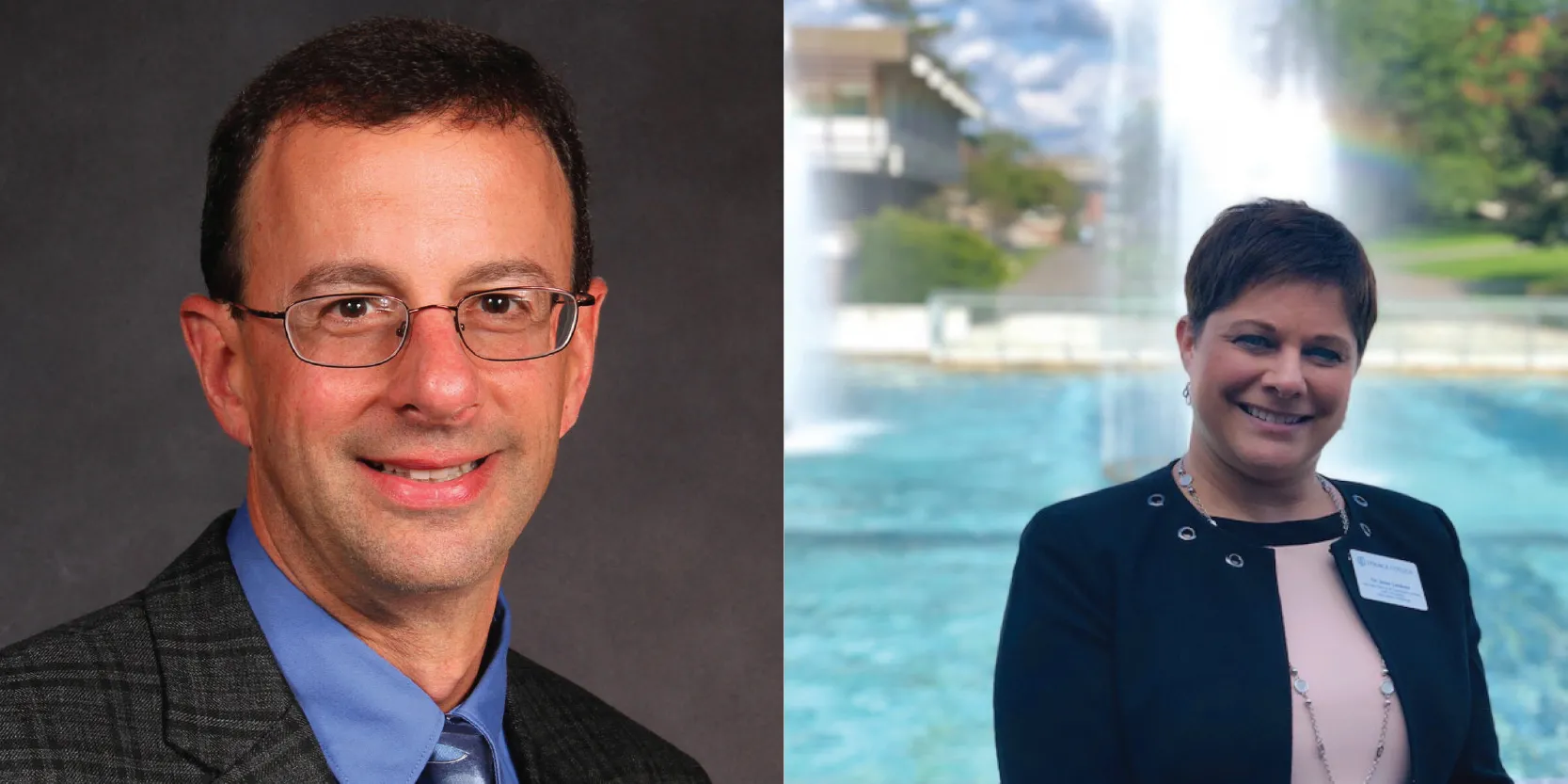The Meraki Unboxed podcast hosts guests from both inside and outside Cisco Meraki for casual discussions covering the technology, people and culture that drive the business. In their 50th episode, Linskens, who provides faculty development and coaching support in technology integration, instructional design and eLearning, talks about how technology has transformed in higher education during the past year.
“Trends over the past year have really been [focused on] how can we improve the learning experience and support all students, whether they're attending in person or remotely,” said Linskens.
Linskens talks about how IT departments in higher ed have had to change the way they think about supporting and providing services to students, faculty and staff. For example, at IC in partnership with others on campus, the IT department looked at setting up classrooms with more AV technology than was previously utilized, like putting in multiple cameras and improved microphones.
Linskens says the biggest challenge that IT departments in higher ed have faced this past year is around the equity of technology. She shared how at IC the IT department provided support and attempted to close the technology equity gap faced by faculty and students, including providing mobile hotspots or laptops or setting up additional internet connecting points around campus in outdoor spaces.
“Equity spans across the platform,” said Linskens. “It might be equity regarding devices. It might be equity regarding Internet access, and one of the things that I've heard that's been reiterated over and over for many years, and I think it's finally getting recognition with the way that the world is running right now, is that Internet is a staple requirement, that it shouldn't just be exclusive.”
She also talks about how online learning in higher education has evolved in the past year due to campuses shifting from in-person to remote instruction.
“Whether it's teaching online or learning online, I think what we've seen and we've learned is that it has leveled the playing field, it has built acceptance,” said Linskens. “We have more people who are recognizing that online learning, remote or hybrid, whatever term they want to use, that there are opportunities that can be there that are just as authentic as being in a classroom.”
